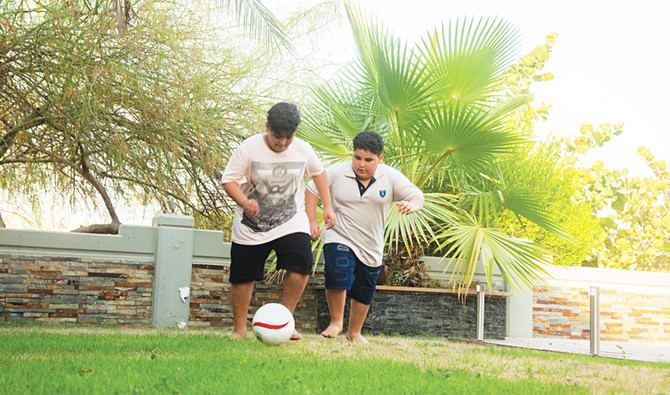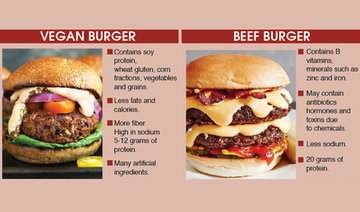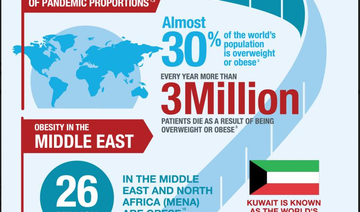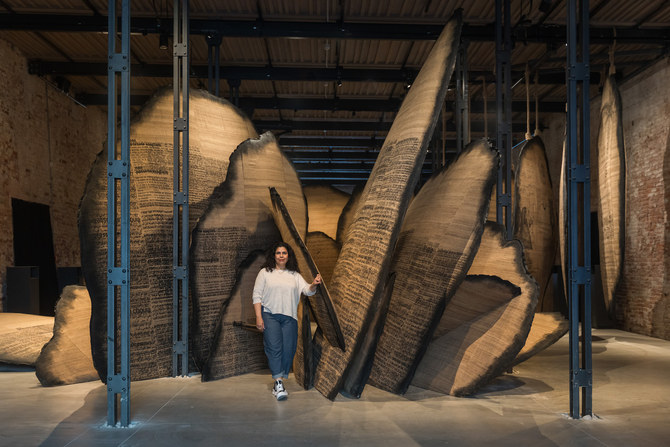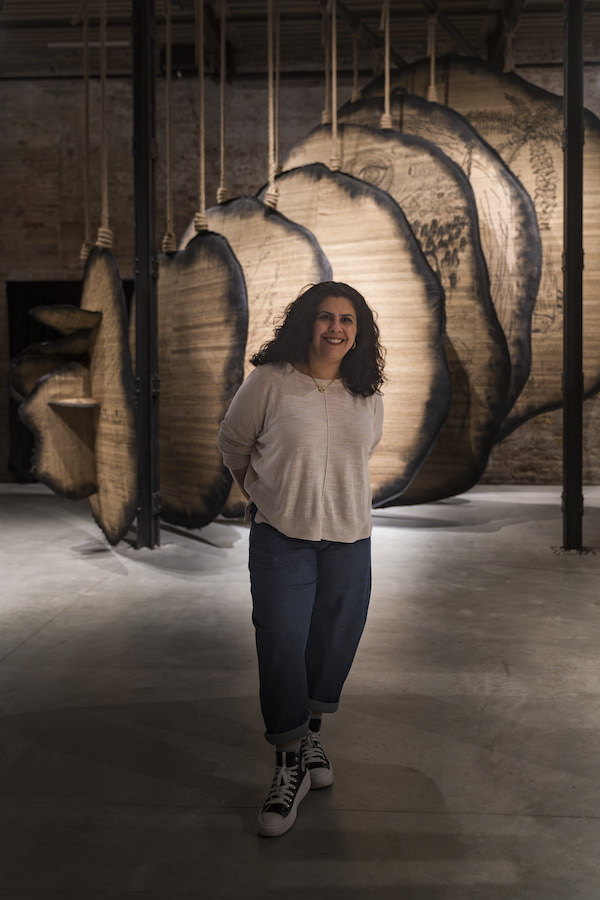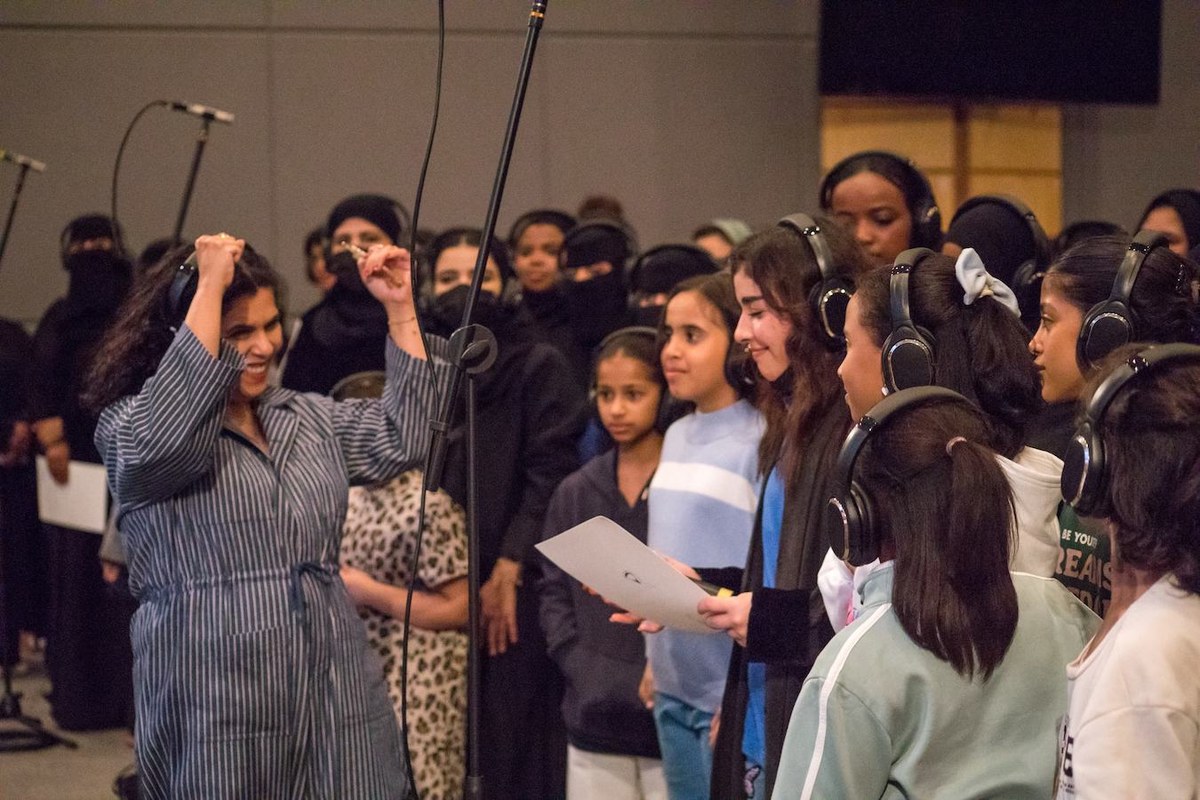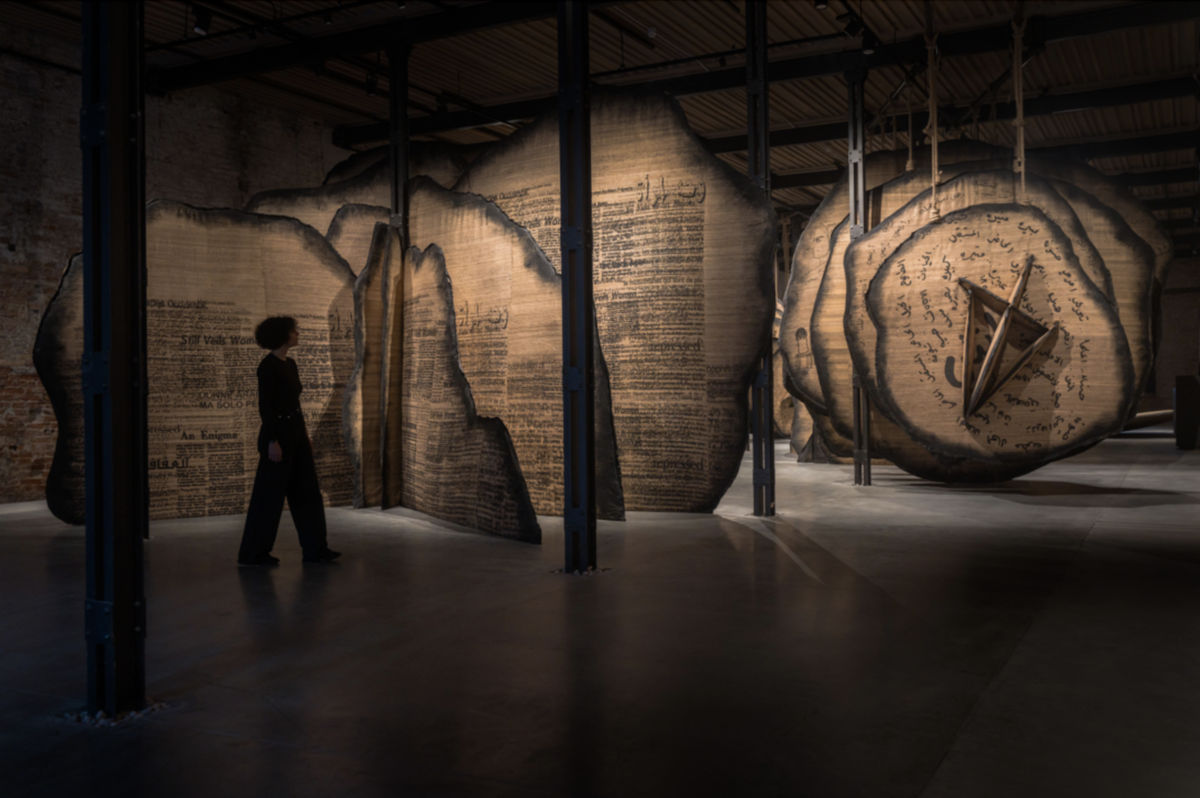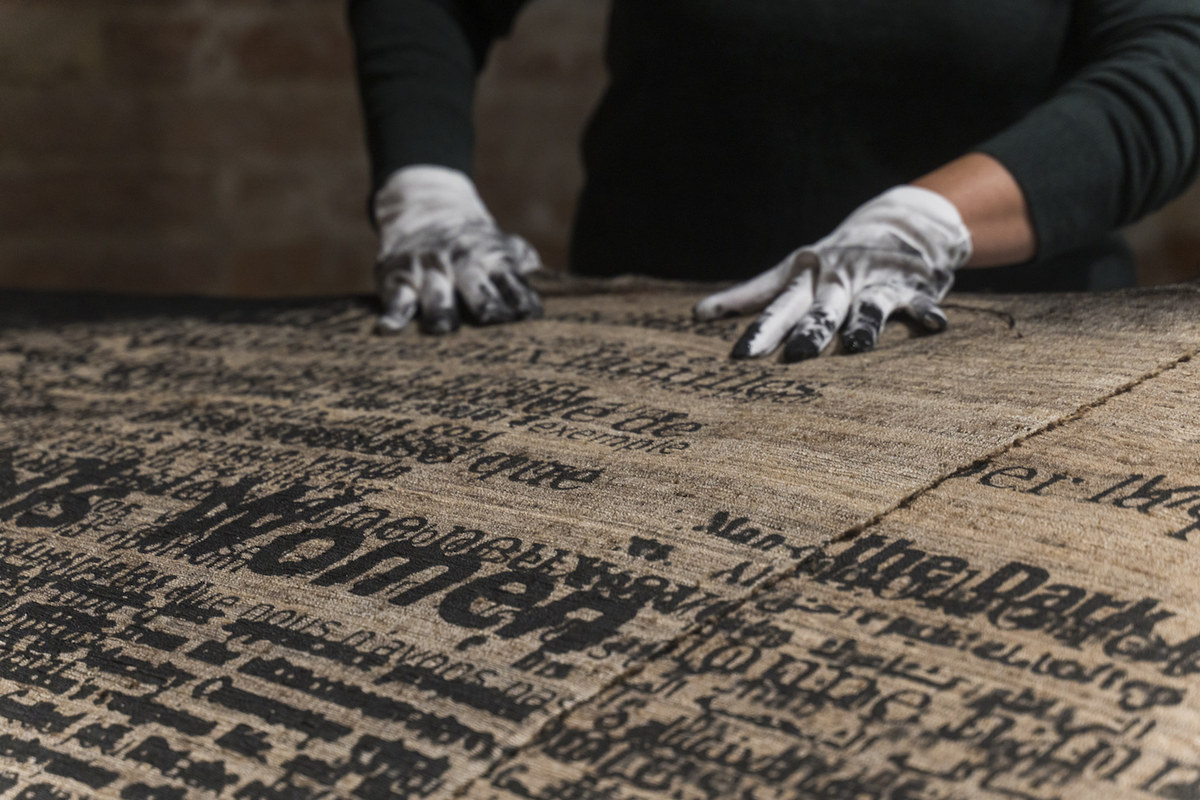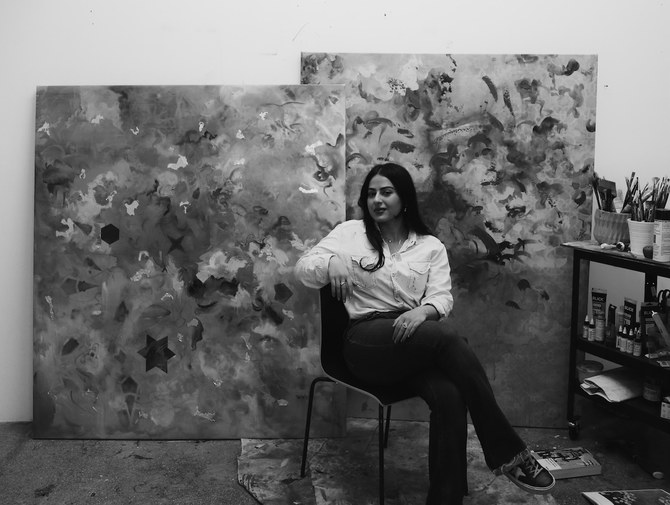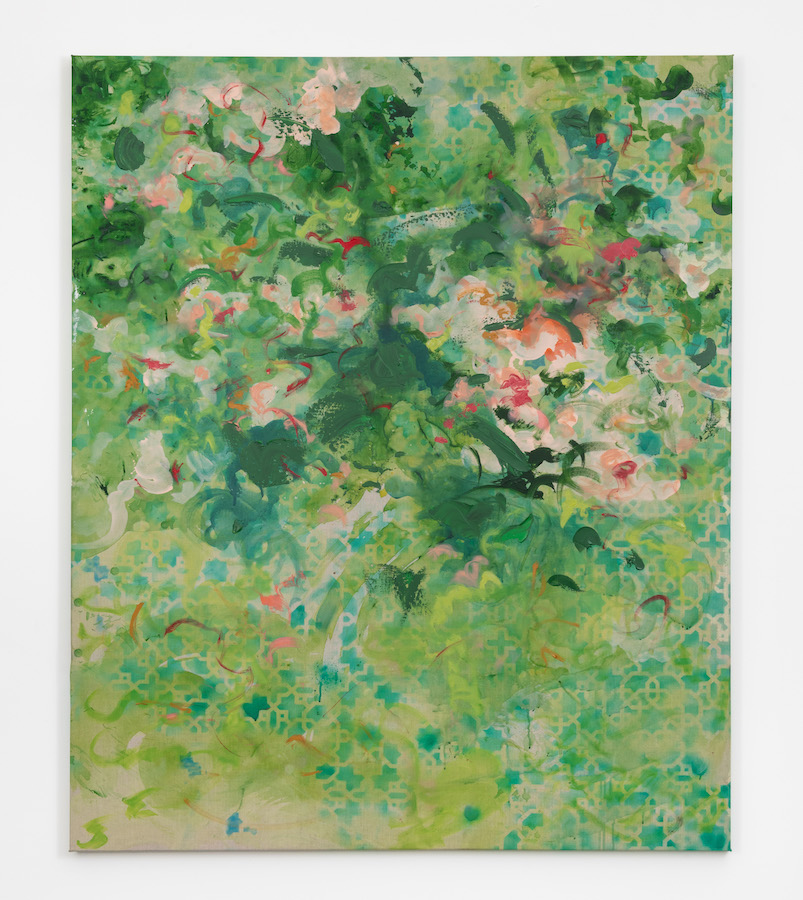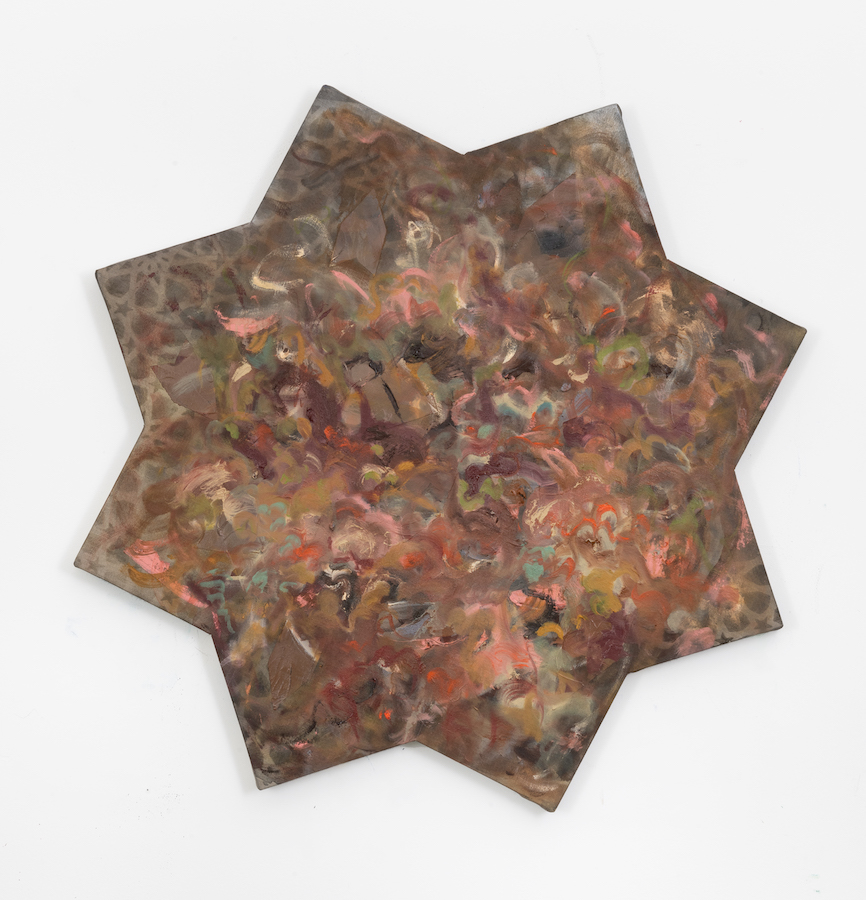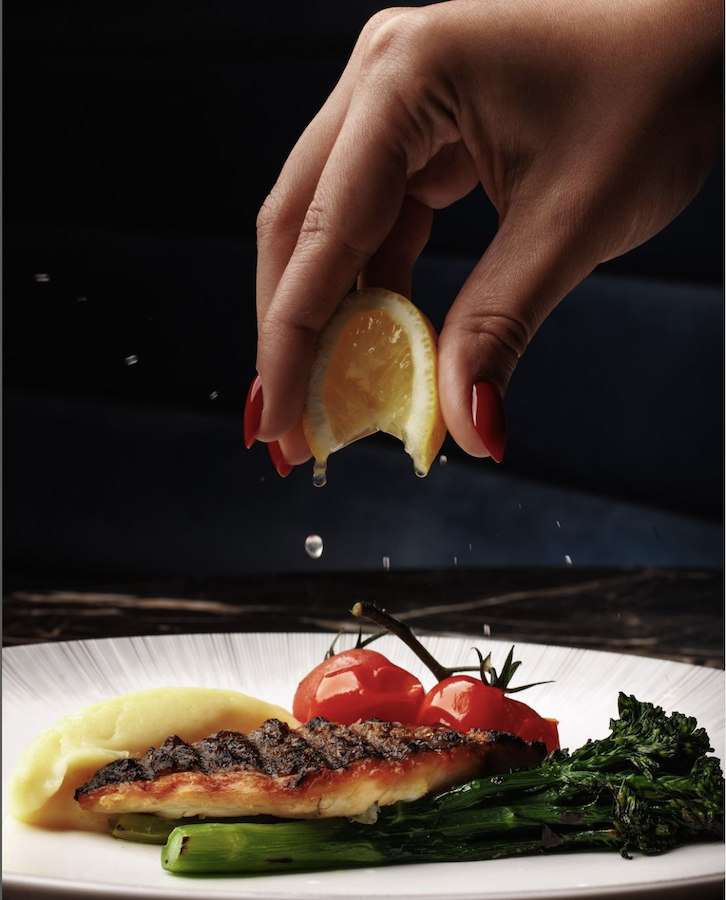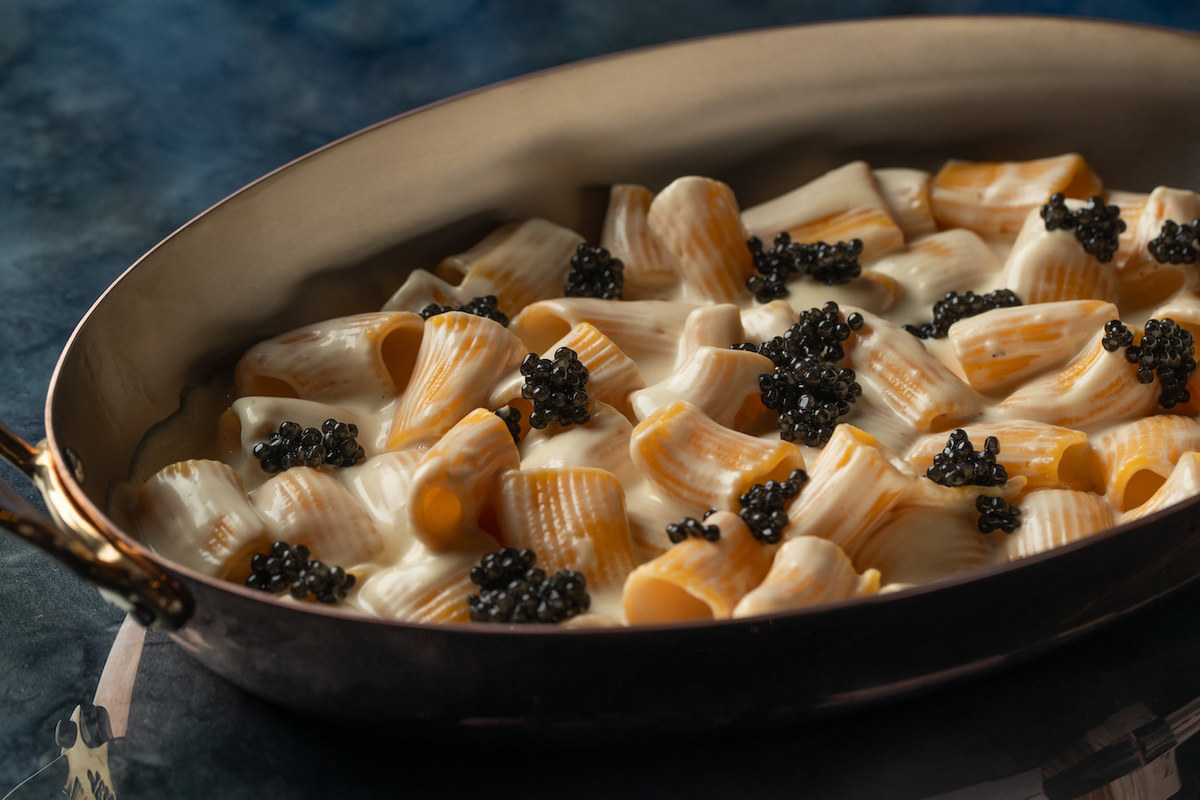DUBAI: Rocketing obesity rates among children and adolescents in Saudi Arabia and the wider Middle East are leading to a growing number of young patients going under the knife for bariatric surgery.
Surgeons say region-wide awareness and prevention measures to tackle obesity are needed in homes, communities and in schools as they blame widespread access to unhealthy foods and sedentary behaviour for soaring numbers of severely overweight children.
Saudi surgeon Dr. Aayed Alqahtani, professor and consultant of minimally invasive and obesity surgery at King Saud University, told Arab News that over the past decade he has performed bariatric surgery on some 2,900 children and adolescents, including a four-year-old Saudi boy who weighed 70kg.
“His weight was killing him,” said Alqahtani. “A year later, thanks to bariatric surgery, he lost almost 20kg. It saved his life.”
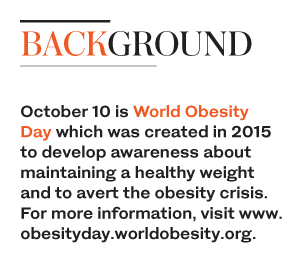 Bariatric surgery includes a variety of procedures performed on people who are obese (those with a Body Mass Index of 30 or more) or morbidly obese (a BMI higher than 40). A person’s ideal BMI should be between 18.5 and 25.
Bariatric surgery includes a variety of procedures performed on people who are obese (those with a Body Mass Index of 30 or more) or morbidly obese (a BMI higher than 40). A person’s ideal BMI should be between 18.5 and 25.
The most common weight-loss surgeries involve either reducing the size of the stomach with a gastric band — restricting food intake — or non-reversible procedures that involve removing of a portion of the stomach or by re-routing the small intestine to a small stomach pouch.
Alqahtani said “more and more children” in the Middle East are having bariatric surgery. “It correlates with the rising number of obese children,” he said. “Studies have shown between 20 and 30 percent of children under the age of 18 in Saudi are overweight or obese. I would say this is the same in many Gulf states.”
Families from the Middle East travel to Saudi Arabia specifically to seek the help of Alqahtani, a renowned bariatric surgeon who is adamant — despite mixed views worldwide — that radical weight-loss surgery should be used on children of “any age” if their health is critically threatened by their size.
There are no standards at which bariatric surgery is presented as an option for severely obese adolescents, but many countries set minimum age limits as guidelines for surgeons. In the UAE, for example, while guidelines differ by emirate, in Abu Dhabi and Dubai there are regulations suggesting surgeons should not operate on those under the age of 18.
“People are concerned about bariatric surgery,” said Alqahtani. “Why? They believe that bariatric surgery will stunt a child’s growth, think children are not compliant, and they ask who has given consent for them to have this surgery.”
Alqahtani has published a series of research papers on the benefits of bariatric surgery, including a five-year study which followed the health progress of two groups of children; one who had undergone bariatric surgery and another who had followed traditional weight management techniques. On average, the children who had undergone surgery actually grew 10 centimeters taller than those who had not.
“Why? Because among other things, obesity stunts growth,” said Alqahtani. “Children ARE in fact compliant — despite beliefs of the contrary — and regarding consent, well, we should treat obesity like we would treat any other serious chronic disease. If you have cancer in a child would you wait until he is 18? No, you will discuss what is in the best interest of that child and make a decision.”
Children with severe obesity are at risk for health problems including Type 2 diabetes, sleep apnea, liver diseases and hypertension.
While Alqahtani advocates surgery as “by no means a first option” — stressing children who are eligible for surgery have spent months attempting traditional weight loss methods — he believes it should never be ruled out. “I would say, why should we wait until children are dying from these obesity-related diseases? Age should not be an issue.”
Alqahtani, who has performed more than 10,000 bariatric surgeries over his career, believes Gulf countries have the highest percentage of bariatric procedures, which include sleeve gastrectomy, gastric bypass and the placement of a gastric band, performed in the world. He himself has operated on a 21-year-old who weighed 610kg, having struggled with obesity since childhood. Today the patient weighs 68kg.
The fact that so many children and adolescents are undergoing radical weight loss surgery is an indicator of the obesity epidemic across the Kingdom and wider Middle East.
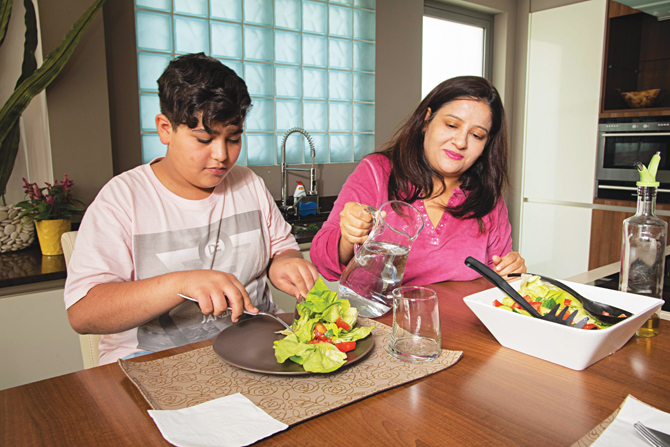
Children should be taught that a healthy lifestyle should be a daily routine and a lifetime habit, say the experts.
Last month, 2,500 health specialists from around the globe gathered in Dubai for the annual World Congress of International Federation for the Surgery of Obesity and Metabolic Disorders (IFSO 2018), hosted by Gulf Obesity Surgery Society (GOSS).
Dr. Faruq M. Badiuddin, head of the organizing committee for IFSO and a laparoscopic, gastrointestinal and obesity surgeon in Dubai, said there is a “serious incidence of obesity among children in the Middle East.”
“It is really a combination of all the things we talk about in relation to obesity; it is a sedentary lifestyle among children as well as a huge excess of food and the wrong types of food. The problem is, we know obese children grow up to be obese adults. That is a fact.”
Badiuddin, an Egyptian, said weight-loss surgery among children varies across the Gulf. “Saudi, for example, is probably one of the only places in the world where the incidences of bariatric surgery in children are very high,” he said. “A lot of surgeries are done there.”
Compare that, he said, to the neighbouring UAE, where a single governmental hospital in Sharjah is the only one that allows bariatric surgery for under-18s.
Dr. Basim Alkhafaji, consultant laparoscopic, gastrointestinal and obesity surgeon at Dubai’s Canadian Specialist Hospital, said bariatric surgery is recognized as an effective and relatively safe procedure for morbidly obese adults.
However, with children, there are concerns about the non-surgical risks revolving around a children’s development, chiefly the effect nutritional changes will have on a still-growing body. “When you are cutting something from the stomach, you are altering the autonomy of the body — so there are some objections from the endocrinologist and the dieticians.
“Always, they urge surgeons not to jump to this step unless it is a hopeless case, a case where a child is unable to do any sports or activities, cannot control himself with food and cannot follow instructions from specialists. We also look at the psychological state of the child.”
So should young children be offered bariatric surgery? Dr. Alkhafaji is unequivocal about his answer. “If there is no other option then surgery is the right thing,” he said. “When you get a child who is aged 10 and reaching 100kg, psychologically he will be in a bad condition, physically he cannot do anything. In my opinion, then, surgery is the right option.”
Dr. Ali Khammas, president of GOSS and Emirates Pediatric Society, said many people fail to grasp that obesity is a disease. “The major threat to health in the Gulf region, I would say, is obesity,” he said.
Khammas said weight-loss surgery is not a cure for severe obesity in either children or adults.
“You can imagine — we are talking about millions of people who are obese across the Gulf. In the UAE alone, about 1.5 million. We can not operate on all of them.
“We are not going to tackle this disease by surgery. We need prevention. We need campaigns in every single school in the region. There should be someone at every school campaigning for a healthy food culture.”
Dr. El Zaqui Ladha, a consultant in bariatric and general surgery at Abu Dhabi’s Bareen International Hospital, described obesity levels across the Middle East as “shocking.”
“You have kids who are overweight at the age of two. Can you imagine? I had one patient this age: The boy could barely breathe. Kids are so heavy that it impacts on everything. For example, the knees have to bear the weigh, but for children, the knees and cartilage are not properly formed.”
Mansoor Ahmed, director of health care, education, development solutions and PPP for the MENA region at advisory firm Colliers International, said obesity is one of the top lifestyle diseases that appear to increase in frequency as countries become more industrialized and life expectancy increases.
“As a result of urbanization and rising disposable income, the majority of the GCC population, including KSA, have adopted a sedentary lifestyle characterized by an aversion to exercise and consumption of processed food leading to increased chronic diseases (such as diabetes, coronary problems and other obesity-related illnesses) previously uncommon to the region.
“To control obesity, the problem should be established during childhood and parents and teachers can play a leading role in this case. Kids should be taught that healthy lifestyle is important for their future life and that a healthy lifestyle should be a daily routine and lifetime habit.”
The obesity pandemic can be solved only in strong collaboration between the public and private sector, non-profit and philanthropic organizations and society, including parents and children, said Ahmed.
“The key here is awareness,” he said. “Awareness the problem exists, awareness of appearance and awareness of how to fight this disease and especially how to
prevent it.”


